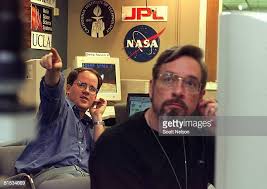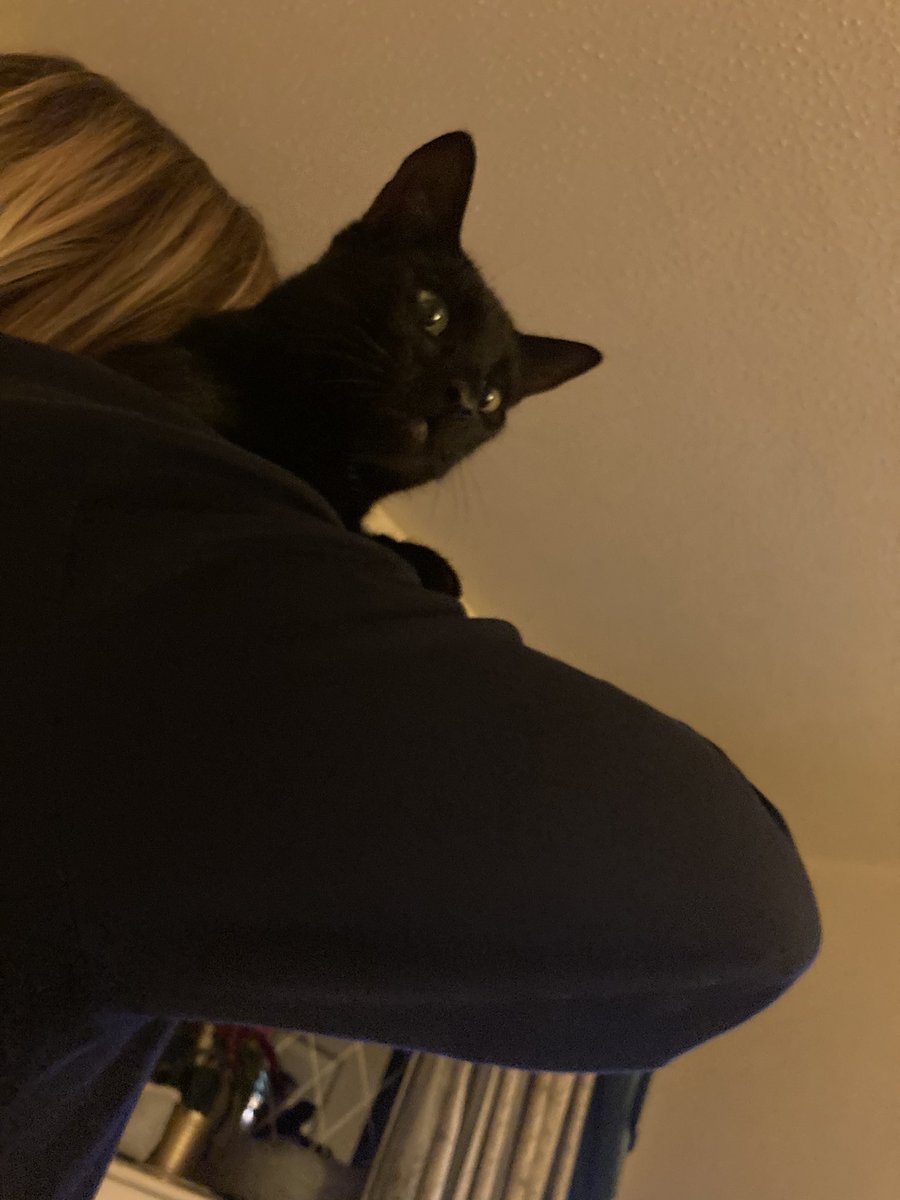
Later, when the caffeine has kicked in, I will tweet some more about journalism - but for now, on this happy day of Mars exploration, will share some great headlines that I have collected over the years 

I love this one from my local paper - and it was written by the wife of an astronomer at Jodrell Bank 

And it is very true that people only ever read the headlines. I got some very funny looks in Florida in 2009 

And if after this week, you want to follow me @thievesbook I should tell you I mainly spend all day tweeting #MasterCriminalOfTheDay 





• • •
Missing some Tweet in this thread? You can try to
force a refresh




















